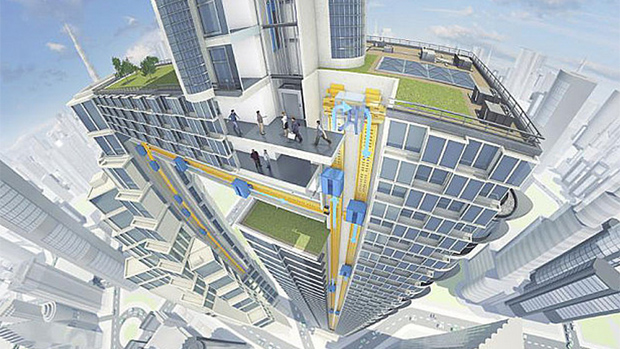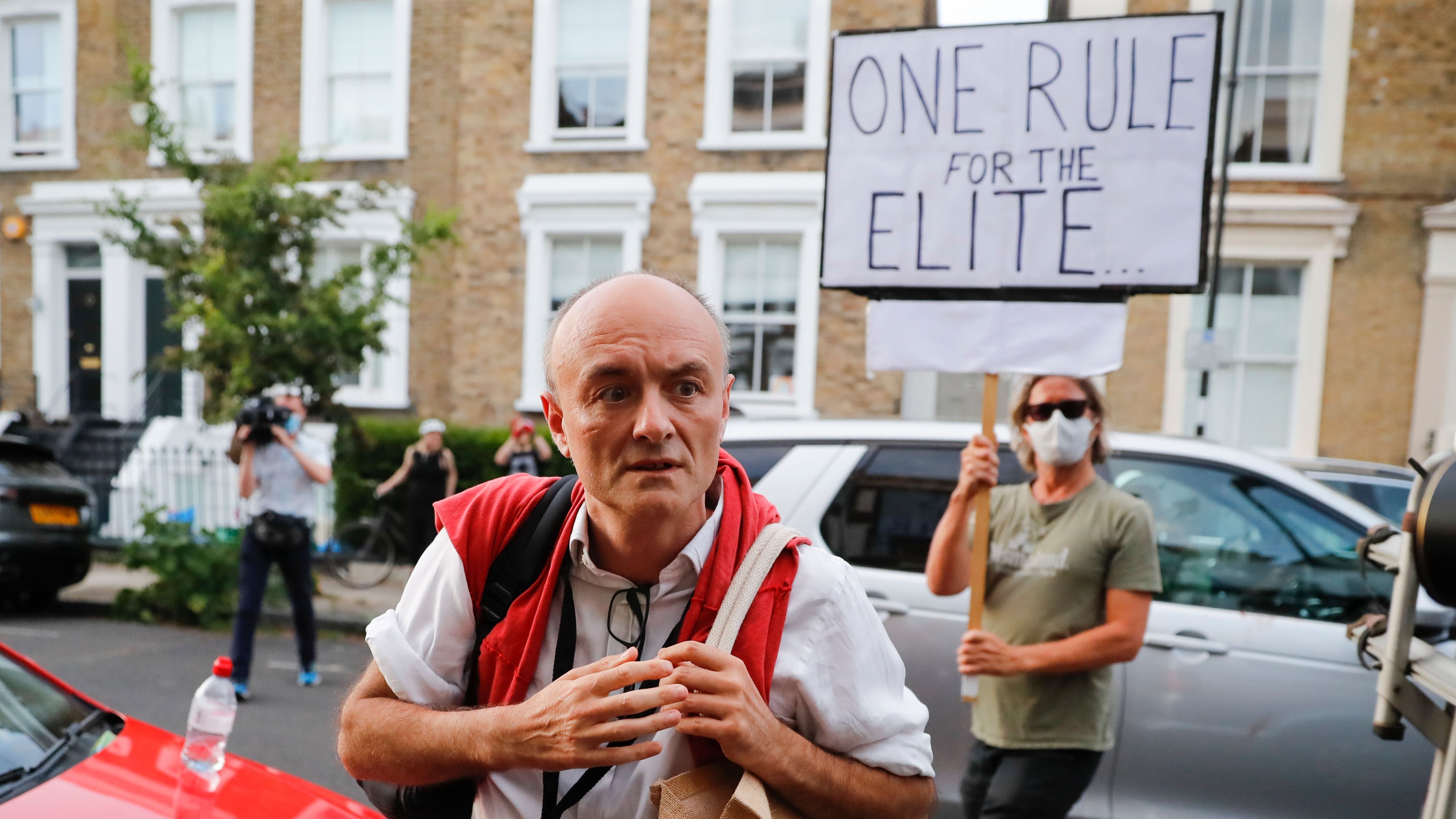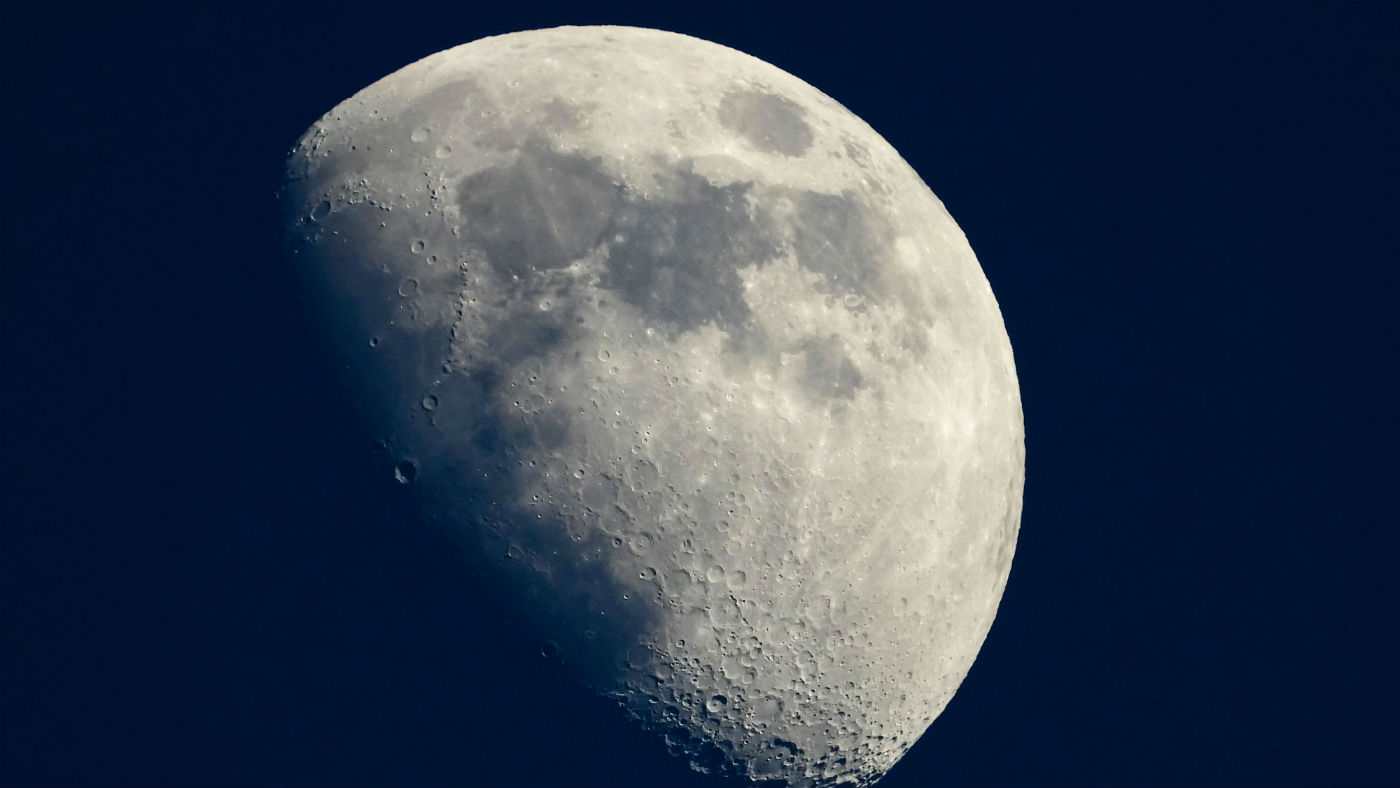Willy Wonka style elevator invented by German company
The cable-free elevator can move horizontally as well as vertically – but doesn't fly into space

A free daily email with the biggest news stories of the day – and the best features from TheWeek.com
You are now subscribed
Your newsletter sign-up was successful
A German company has invented a cable-free elevator that can move horizontally as well as vertically, much like the lift in Roald Dahl's book Charlie and the Chocolate Factory.
The 'Multi' system, invented by ThyssenKrupp, uses magnetic force instead of cables, which the company says will save power and be more economical.
The characters in Dahl's adventure are "flung off their feet on to the floor" as Willy Wonka's glass elevator leaps sideways, swerves around corners and later flies off into the sky. Although the ThyssenKrupp Elevator can only go up, down and sideways the company says it will allow multiple lifts to occupy a single shaft, increasing transport capacity by up to 50 per cent.
The Week
Escape your echo chamber. Get the facts behind the news, plus analysis from multiple perspectives.

Sign up for The Week's Free Newsletters
From our morning news briefing to a weekly Good News Newsletter, get the best of The Week delivered directly to your inbox.
From our morning news briefing to a weekly Good News Newsletter, get the best of The Week delivered directly to your inbox.
When it reaches the top of the shaft, it moves horizontally before descending in a separate column, explains the Financial Times. "It is this loop concept that enables the use of multiple cars in a single column, and avoids the need for a large block of lift shafts such as those found at the centre of today's skyscrapers."
The Daily Telegraph says the cabins will travel at around five metres per second using a "multi-level braking system". Cabins will also weigh 50 per cent less than current models as the company will use new lightweight materials. "All this means that passengers will have to wait just 15 to 30 seconds for the next available lift," says the Telegraph.
Andreas Schierenbeck, chief executive of ThyssenKrupp Elevator, explained that as the nature of construction evolves, it has become necessary to adapt elevator systems to better suit the requirements of buildings and high volumes of passengers.
"Per year, New York City office workers spend a cumulative amount of 16.6 years waiting for elevators, and 5.9 years in the elevators," he says. "This data provides how imperative it is to increase the availability of elevators."
A free daily email with the biggest news stories of the day – and the best features from TheWeek.com
The company hopes to have a prototype Multi lift up and running by the end of 2016.
-
 Political cartoons for February 15
Political cartoons for February 15Cartoons Sunday's political cartoons include political ventriloquism, Europe in the middle, and more
-
 The broken water companies failing England and Wales
The broken water companies failing England and WalesExplainer With rising bills, deteriorating river health and a lack of investment, regulators face an uphill battle to stabilise the industry
-
 A thrilling foodie city in northern Japan
A thrilling foodie city in northern JapanThe Week Recommends The food scene here is ‘unspoilt’ and ‘fun’
-
 How cybercriminals are hacking into the heart of the US economy
How cybercriminals are hacking into the heart of the US economySpeed Read Ransomware attacks have become a global epidemic, with more than $18.6bn paid in ransoms in 2020
-
 Language-learning apps speak the right lingo for UK subscribers
Language-learning apps speak the right lingo for UK subscribersSpeed Read Locked-down Brits turn to online lessons as a new hobby and way to upskill
-
 Brexit-hobbled Britain ‘still tech powerhouse of Europe’
Brexit-hobbled Britain ‘still tech powerhouse of Europe’Speed Read New research shows that UK start-ups have won more funding than France and Germany combined over past year
-
 Playing Cupid during Covid: Tinder reveals Britain’s top chat-up lines of the year
Playing Cupid during Covid: Tinder reveals Britain’s top chat-up lines of the yearSpeed Read Prince Harry, Meghan Markle and Dominic Cummings among most talked-about celebs on the dating app
-
 Brits sending one less email a day would cut carbon emissions by 16,000 tonnes
Brits sending one less email a day would cut carbon emissions by 16,000 tonnesSpeed Read UK research suggests unnecessary online chatter increases climate change
-
 Reach for the Moon: Nokia and Nasa to build 4G lunar network
Reach for the Moon: Nokia and Nasa to build 4G lunar networkSpeed Read Deal is part of the US space agency’s plan to establish human settlements on the lunar surface
-
 iPhone 12 launch: what we learned from the Apple ‘Hi, Speed’ event
iPhone 12 launch: what we learned from the Apple ‘Hi, Speed’ eventSpeed Read Tech giant unveils new 5G smartphone line-up
-
 Russian agency behind US election meddling ‘created fake left-wing news site’
Russian agency behind US election meddling ‘created fake left-wing news site’Speed Read Facebook says real reporters were hired by fake editors to write about US corruption